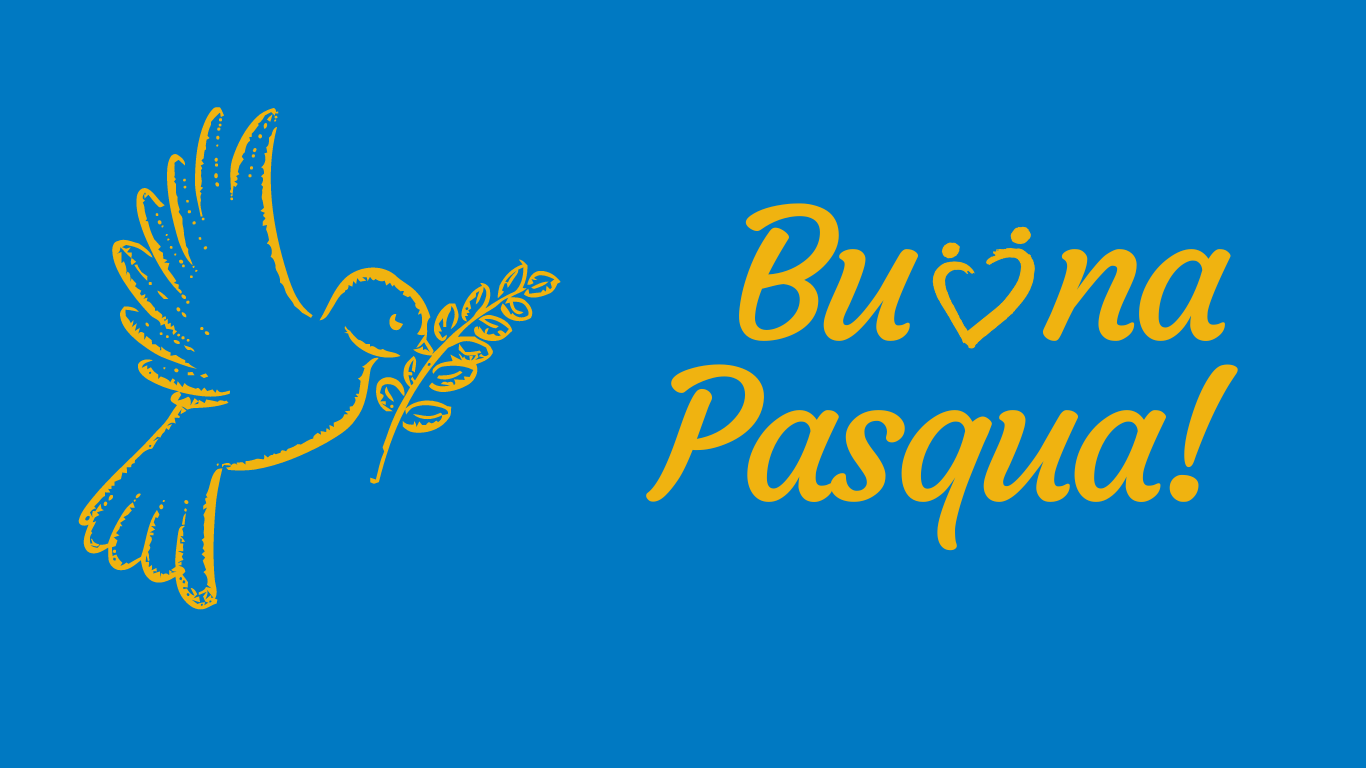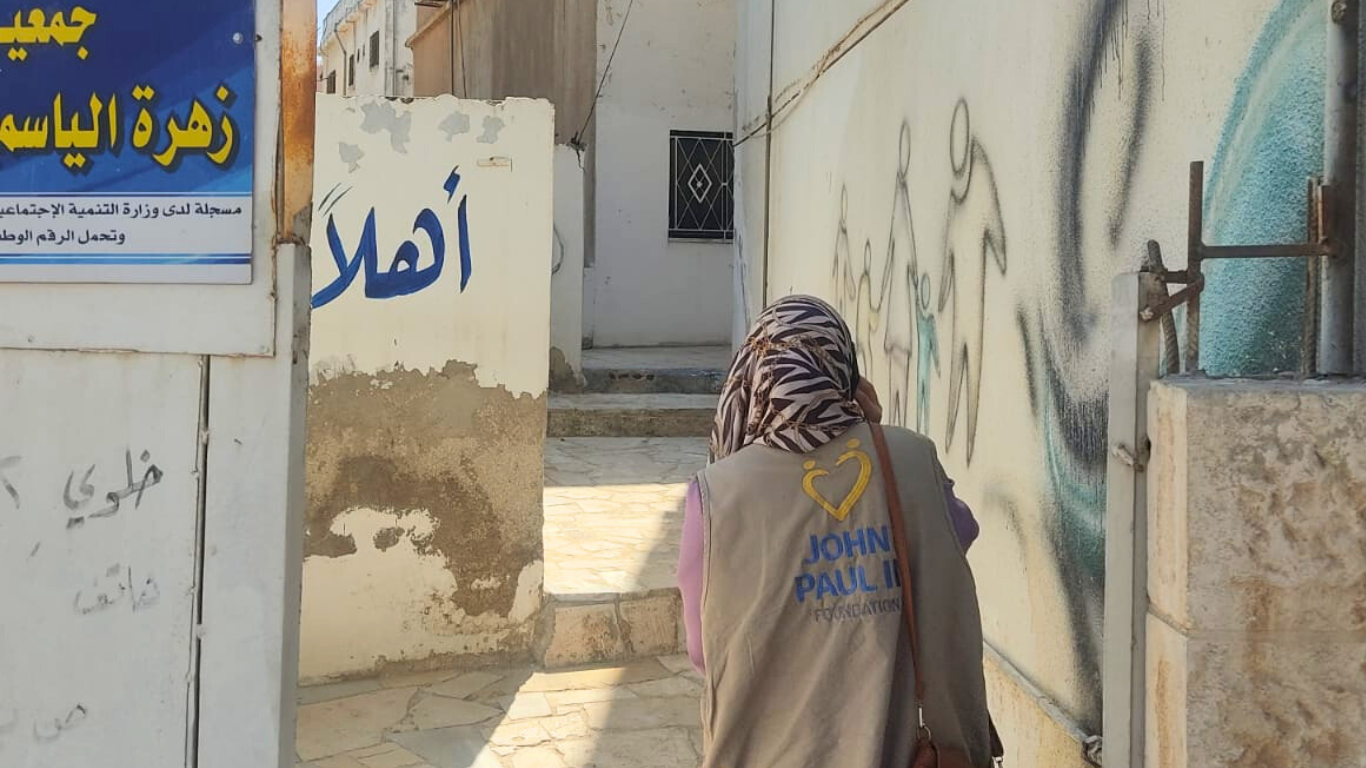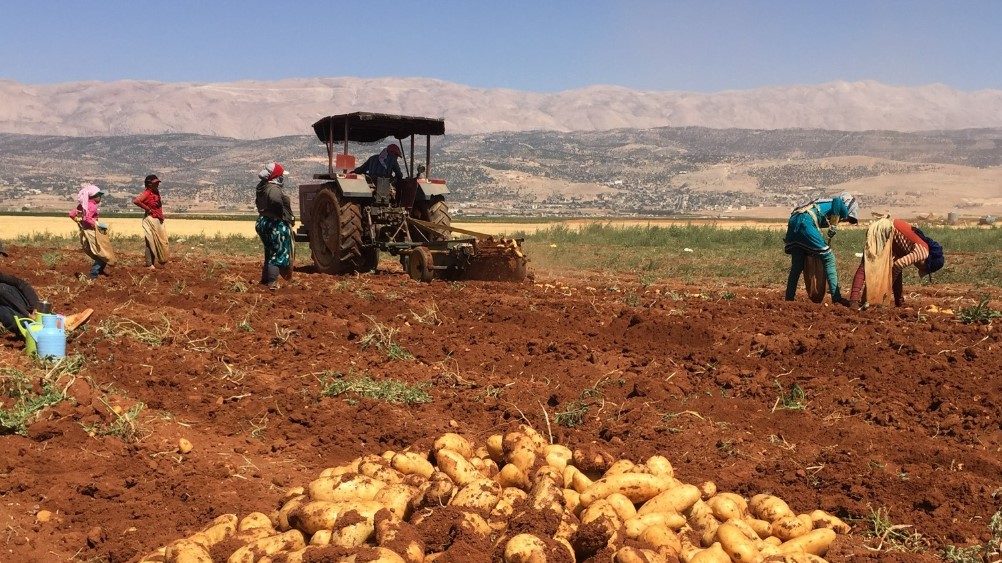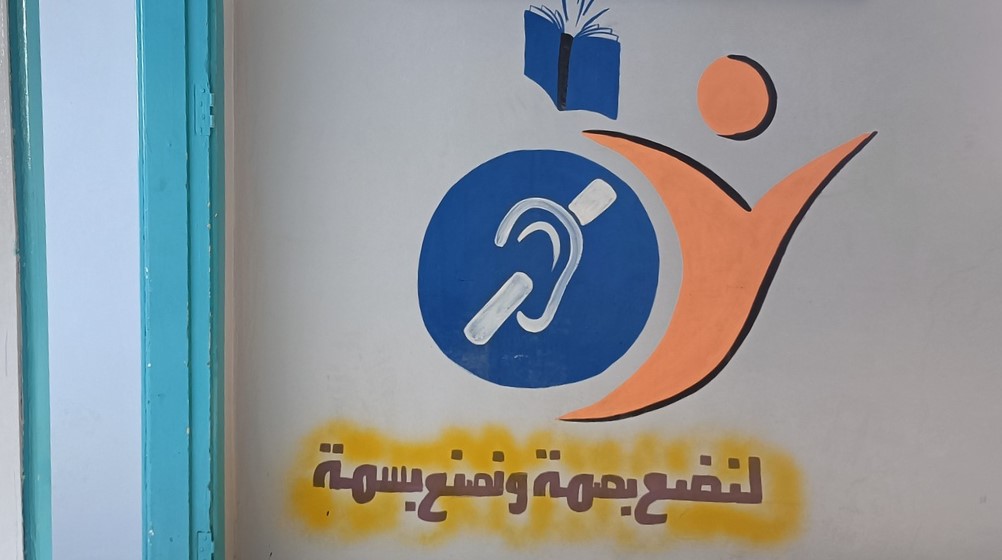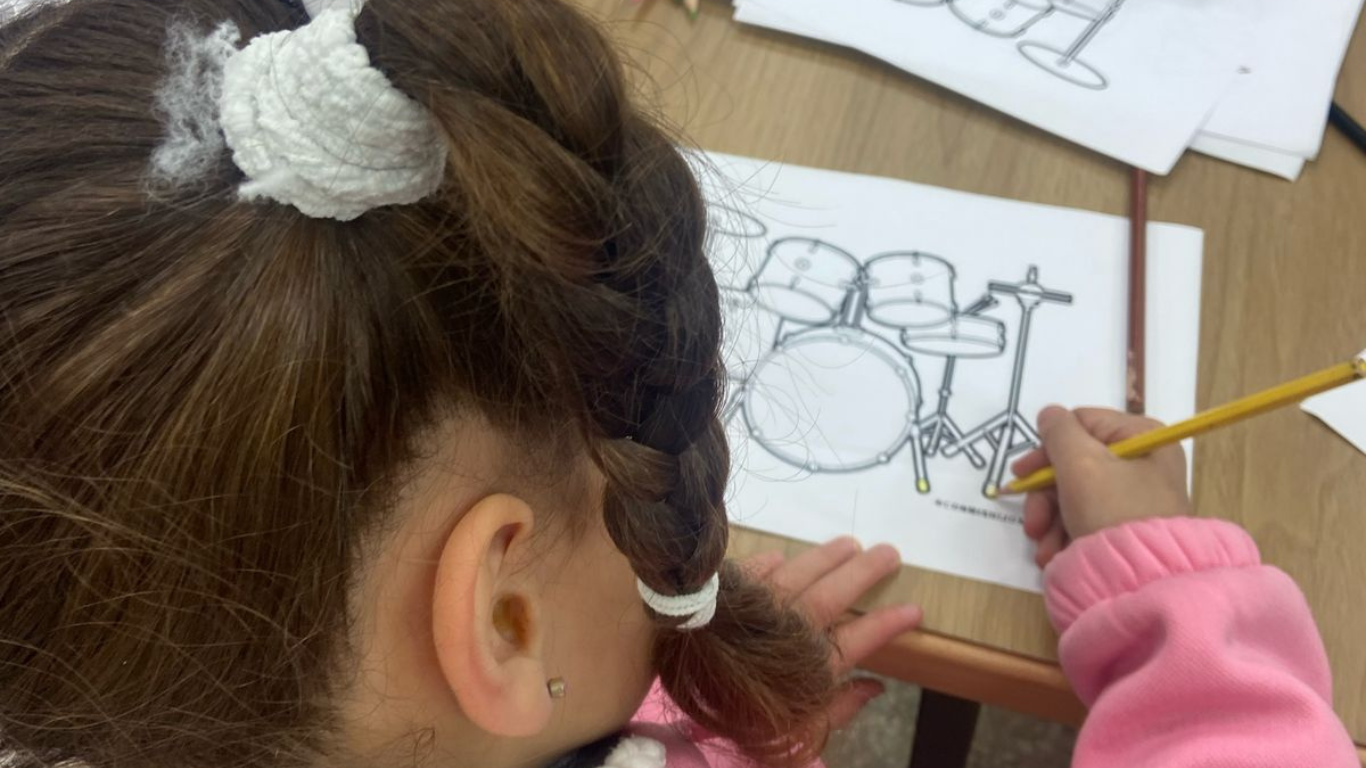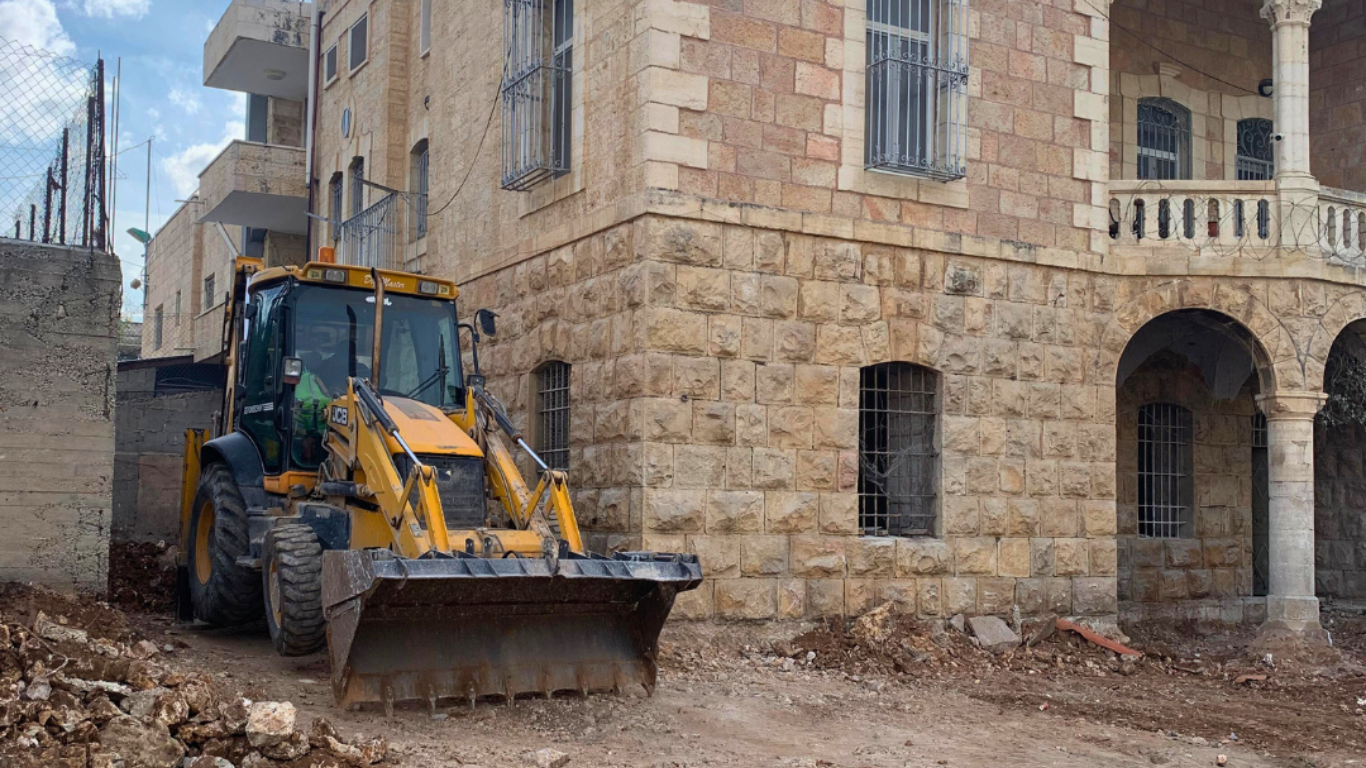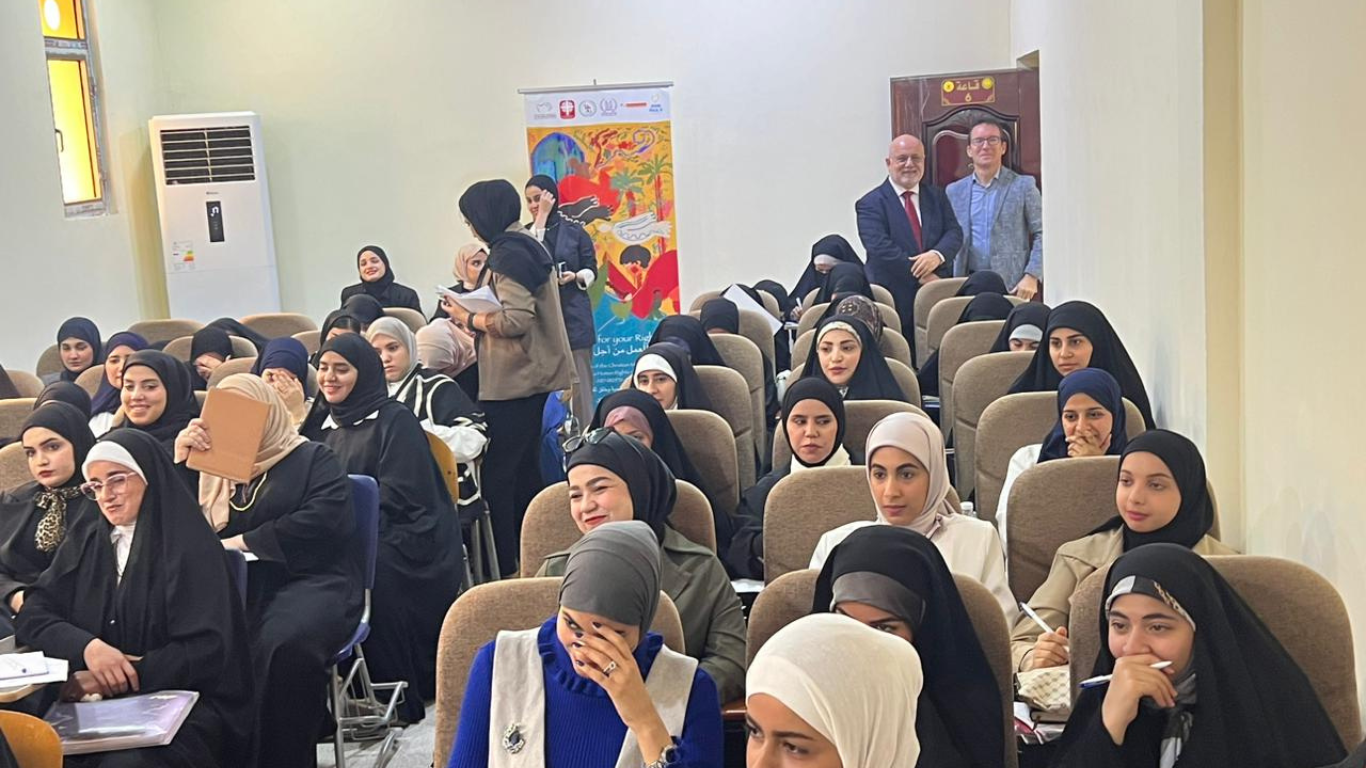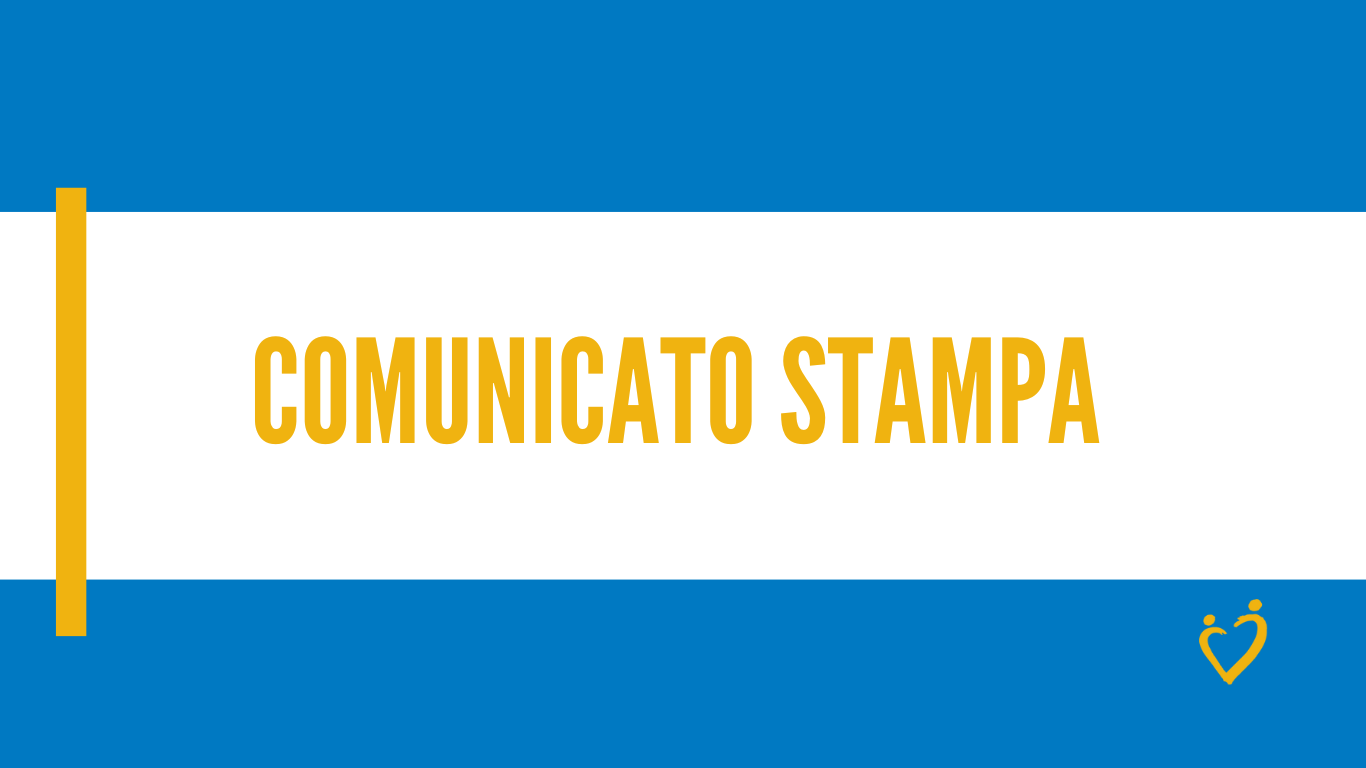Happy Easter wishes from the president of the Foundation
Easter 2025 Realizing we are alive is so simple, it is a sound that comes from our flesh, a sound that our flesh Has taken from the sound of the world. To hear it you have to remove noise, the noise that pretensions make grudges, you have to disassociate From those who live to lynch the infinite, from those who enclose the affair within the walls of the obvious and convenience... (Franco Arminio) With these first lines by Arminio, I would like to open the page dedicated to all of you, friends of the John Paul II Foundation, to welcome Easter delivered to us again this year by the bounty of nature, by the tradition of a millenary civilization and, for many of us, by Faith - argomentum non apparentium, an expression used in the letter to the Hebrews (11:1) - in the risen Christ and, for science, simply by the position in spatial coordinates of the Earth in its orbit around the Sun. The Foundation organizes its calendar precisely from Easter which is followed by the celebratory feast of St. John Paul II, thus...

